Designing Better Organisations with Marek Wzorek, CEO and founder of PerfectCircle, Poland
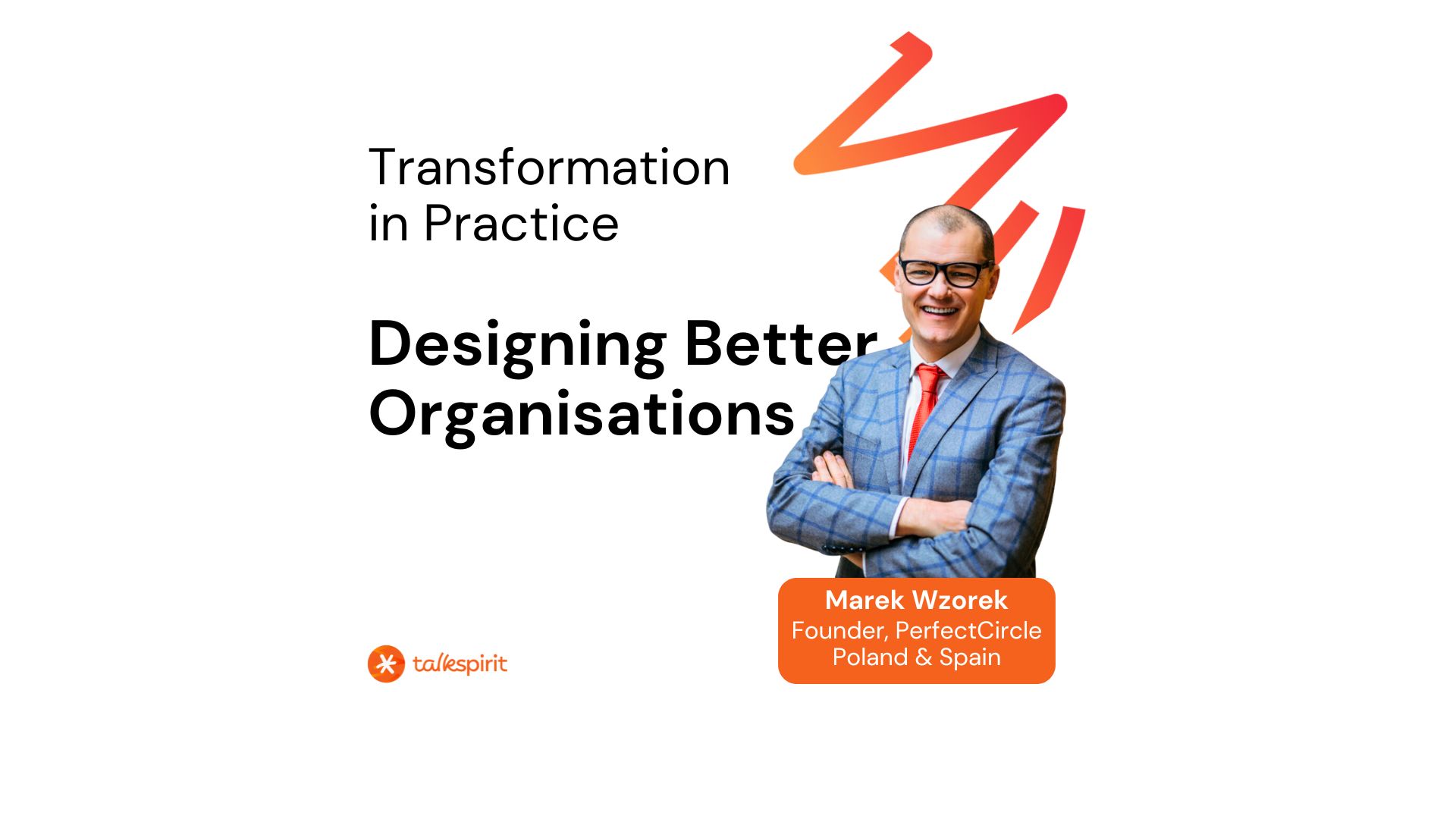
At Talkspirit, we highlight partners who help organisations evolve their ways of working in practical, human and sustainable ways. In this edition, we spoke with Marek Wzorek, CEO and founder of PerfectCircle, based in Poland and Spain. Marek shares how his journey from leading a non-hierarchical company to creating PerfectCircle shaped his approach to self-management, leadership and transformation.
1. Who is Marek Wzorek, and what is PerfectCircle?
I am the founder of PerfectCircle. The idea to start PerfectCircle as my own business came after reading Frederic Laloux’s Reinventing Organizations. At that time, in 2017, I was CEO of igus in Poland. We believed we were the only organisation managed without hierarchical structure. Frank Blase - CEO of igus in Germany - created in 1985 an innovative, client-centric organizational structure with a model of work where each employee is a manager - this structure and model of work is called Solar System.
When I joined igus in 2008, the company in Poland had seven people. By 2017, we had grown to more than 100. Someone recommended that I read Reinventing Organizations, and I realised that we were not alone. Other companies were already working in similar ways. It opened my eyes to a broader trend.
In 2014, I started developing my coaching career. One of my coaching clients asked me in 2017 for help in creating a similar kind of organisation with a higher level of commitment in the team, autonomy, transparency, freedom and fun. That moment made me decide to leave my CEO role, start my own company and write a book. My book, written in Polish, is called Od Hierarchii do Turkusu, which means From Hierarchy to Teal, How to Manage in the 21st Century.
PerfectCircle grew out of that experience. Since 2018, we have helped organisations implement self-management, client-centric organizations and build what we call teal organisations.
2. What are the key challenges organisations are facing today?
Since I started the company, the world has changed quickly. We have lived through the pandemic, the war in Ukraine and now the rise of AI. People used to speak about VUCA, which stands for volatility, uncertainty, complexity and ambiguity. Now we also talk about BANI, which stands for brittle, anxious, non-linear and incomprehensible.
For business owners, the world today is completely different from what it was ten years ago. Still, some challenges remain the same: lack of clarity, low engagement, turnover in key positions and difficulty managing the human side of work.
This is why I started PerfectCircle. The teal approach offers a new model for building organisations that are fit for the future. Many companies already use these models successfully. AI is part of this shift too. Leaders who adapt to it quickly can make their organisations faster and more sustainable. But many are still behind, both in adopting AI and in building self-management.
3. How are you helping organisations transform?
We have several ways of working. One is a full transformation process for organisations that want to become self-managed. We start with an assessment of both the organisation and its leaders. Then we run a one-year process that includes individual coaching for leaders, team training and consulting to set up structures, salary systems and governance practices.
Not every organisation is ready for a full transformation. Sometimes we start with executive or business coaching for the CEO or key leaders. We have developed our own models, processes and workbooks, both for self-management, business growth, scaling but also to help leaders mature in their use of AI.
Many CEOs are less advanced with AI than their employees and are uncomfortable showing that. Our coaching process helps them to grow business, scale, implement self-management and learn how to use AI and decide where it can bring value. We begin by assessing the actual situation in the organization, goals, business strategy, also areas where they are ready for AI or self-management and look at whether the organisation has a strategy for it and support implementation.
We also provide interim management in case a client needs an Interim CEO, Interim Managing Director or Interim AI Transformation Lead, but our main focus is on transformation and leadership development supported by AI.
4. What are the biggest mindset shifts required to support this transformation?
There are two main shifts.
The first is for leaders. Often, the change begins even before we work together. Many leaders read my book or learn about self-management and realise that the traditional model, where decisions come only from the top, is no longer effective. They start to see the need for autonomy and shared responsibility.
The second shift happens within teams. At the start of the transformation process, employees often see transformation as just another new idea from the CEO that will soon disappear. During the workshops, they discover that these changes are about them too. They realise that self-management helps them take ownership and work differently.
We talk about how traditional education systems have conditioned people to be passive. One teacher, many students, everyone quiet and following instructions. That pattern continues in organisations. When people see that transformation creates more equality and responsibility, they engage more fully. They understand that by changing their organisation, they are also contributing to a better world.
5. What role does technology play in anchoring new behaviours?
Technology plays a key role.
When I worked at igus, I led two cultural transformations without any digital tools in Poland and in Singapore. Everything was done with meetings and paper boards. It worked well but in 2008-2012, now we have more advanced systems, platforms, technologies and AI.
Since founding PerfectCircle, we have used Holaspirit by Talkspirit. It makes the organisational structure, roles and accountabilities visible and measurable. We help our clients use Holaspirit, project management tools and AI to bring clarity to tasks and decisions.
AI now takes this even further. What happened with automation in factories during the early 20th century is happening now in offices. Many tasks can be automated. This is both a challenge and an opportunity. Those who use AI well can grow faster, both personally and professionally.
Me and my team use ChatGPT in PerfectCircle as a strategist, advisor, marketer, writer, coach and key leader. It has changed the way we work and how we support others.
6. A moment that made it real
One example comes from a marketing agency in Poland called Bees and Honey. Their metaphor is “money is the honey,” because as bees they help clients generate honey, it means revenue.
When they came to us, they wanted to implement fully self-management. During the teal transformation process From Hierarchy to Teal on the second workshop, one month into the transformation, we worked on implementing OKRs. At that time, the company was preparing to reduce staff because of financial pressure.
The leadership team had long debates about setting realistic goals. After two hours, they reached an agreement on shared OKRs for the quarter. That was the turning point. They moved from conflict to collaboration.
Within one month, they achieved the targets they had set for three months. They made a shift from hierarchy to self-management model within the year. That year was the most successful in the agency’s 15-year history in terms of sales, turnover and profit. They kept their team, strengthened autonomy and continued to use Holaspirit to support their growth.
7. If you could share one piece of advice with leaders seeking to evolve their organisation, what would it be?
Take time to think.
Leaders often get caught up in daily operations. But thinking time is crucial. It allows you to see challenges as opportunities. Every challenge can help you grow as a person, as a leader and as an organisation.
If leaders forget this, they risk being overtaken by others. New companies that use AI more effectively can move much faster. AI itself is an example of distributed autonomy. ChatGPT shows how autonomy and intelligence can combine to accelerate progress.
My advice is simple. Make time for thinking, treat challenges as opportunities and use them to reinvent yourself and your organisation.
8. What questions are you still holding?
I often ask myself a question from the book The One Thing: what one thing can I do today that will have the biggest impact on the future? I ask it almost daily, in business, in relationships and in life.
I also recommend books: The One Thing, AI-Driven Leader, Reinventing Organizations by Frederic Laloux and the work of Gary Hamel, who writes about self-management and distributed autonomy.
Closing Thoughts
Thank you to Marek for sharing his journey and reflections. His story shows that transformation requires both discipline and patience. At Talkspirit, we share this belief that change is built through consistent practice and transparency. Our platform helps organisations like PerfectCircle’s clients anchor new ways of working, while partners like Marek bring the coaching and structure that make transformation tangible. Together we help organisations move from ideas to implementation and from transformation to real impact.


Révélez le potentiel de votre organisation.
Nous sommes là pour répondre à toutes vos questions et vous accompagner dans vos projets.









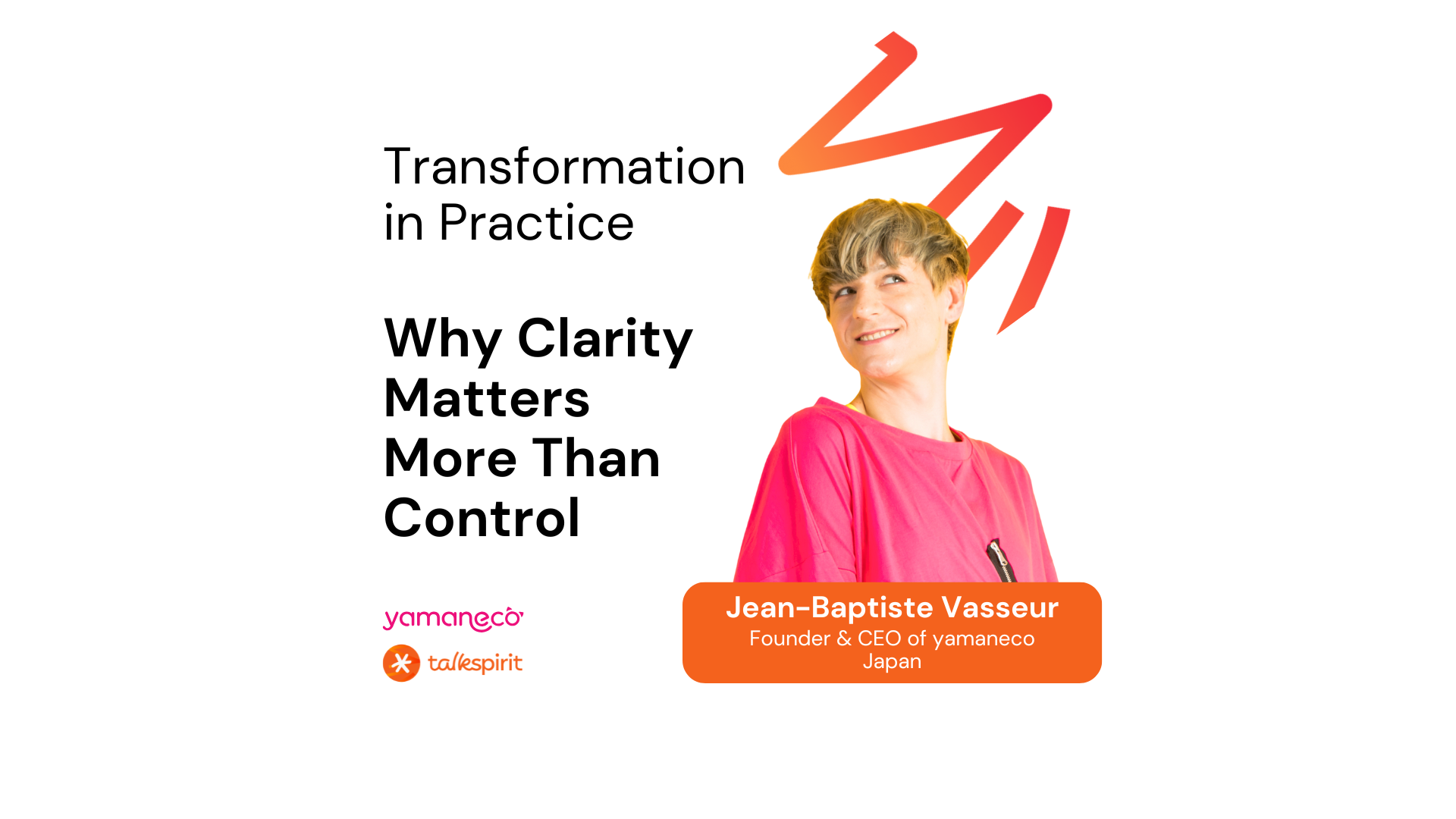
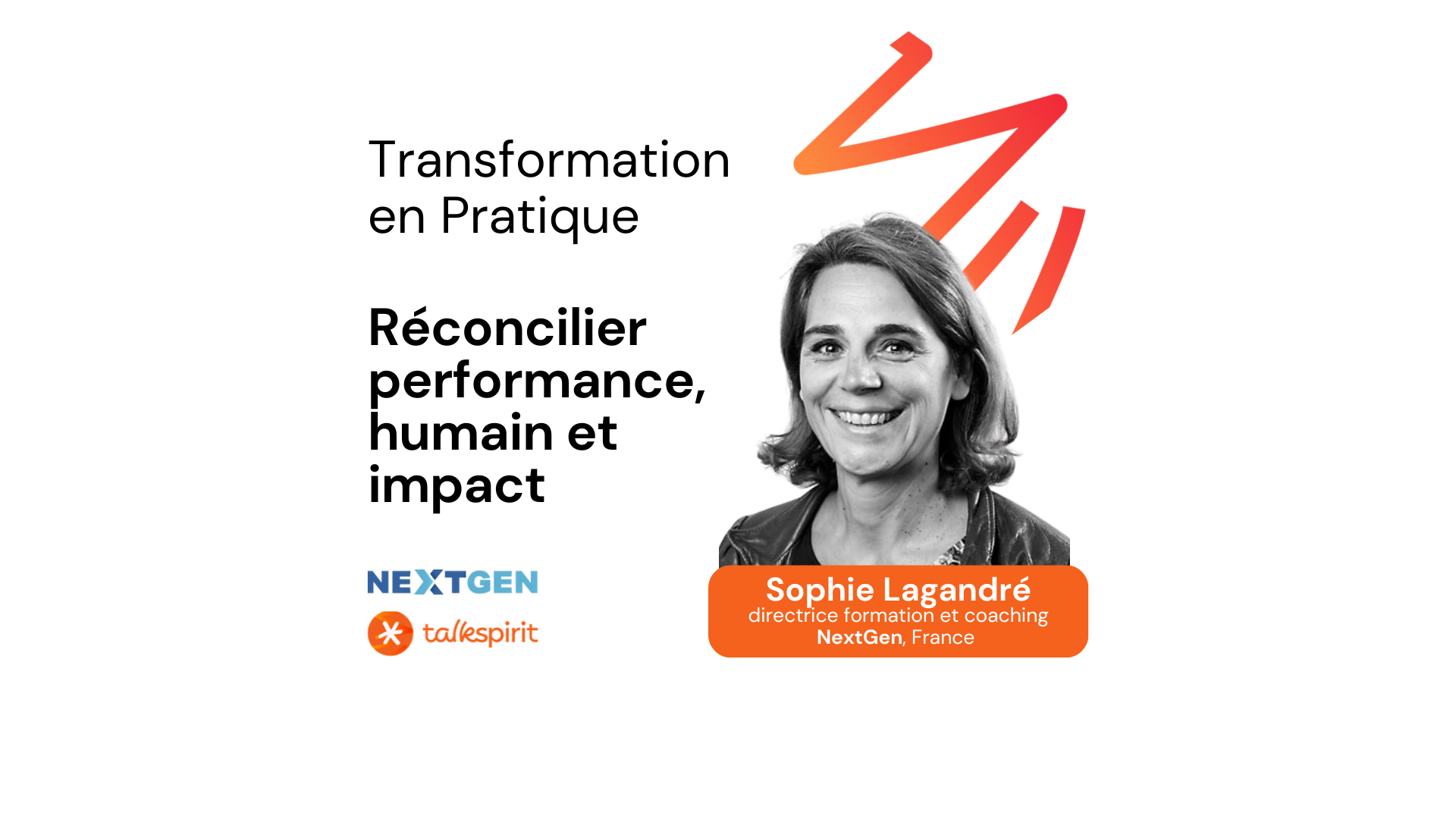
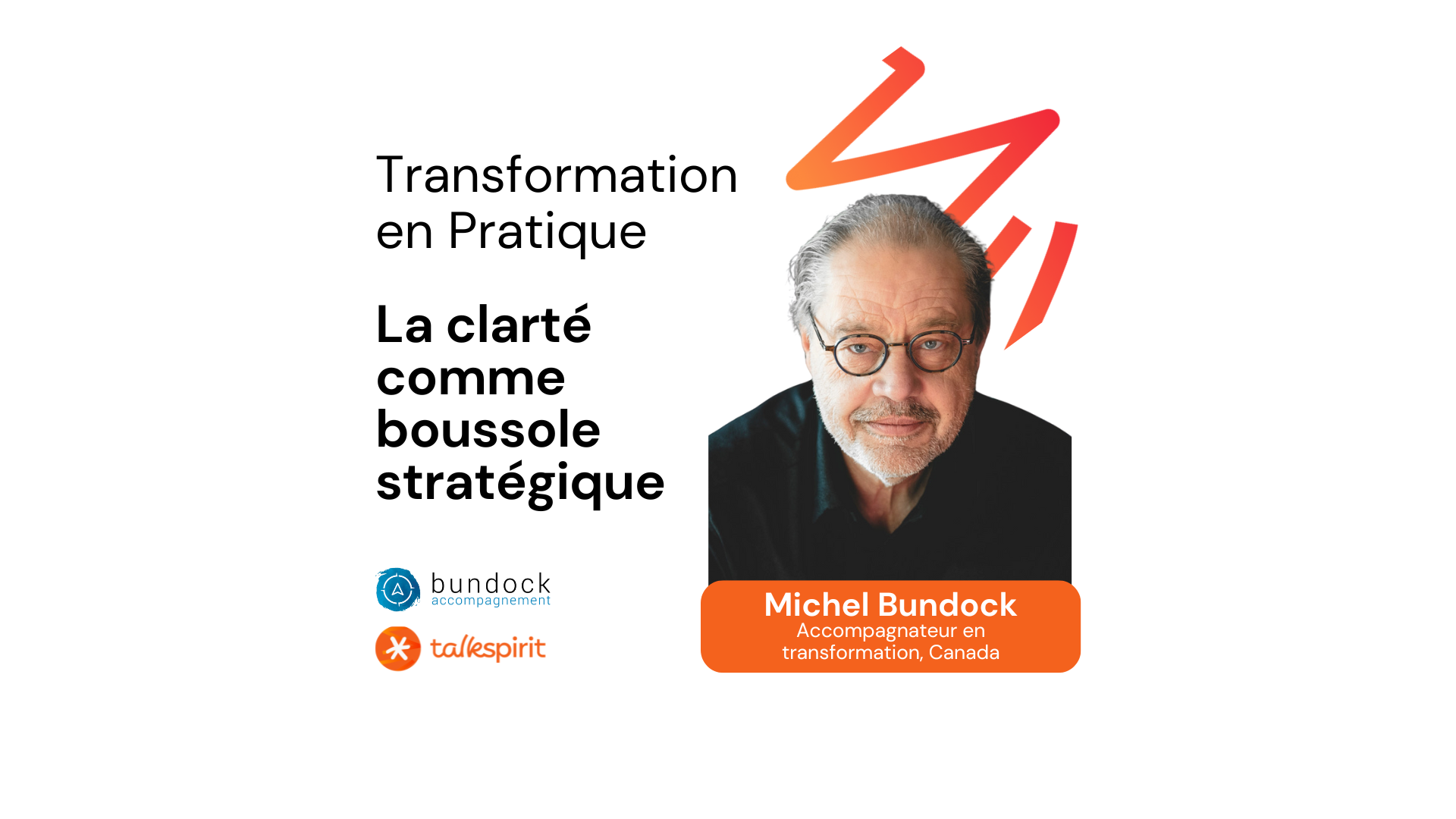

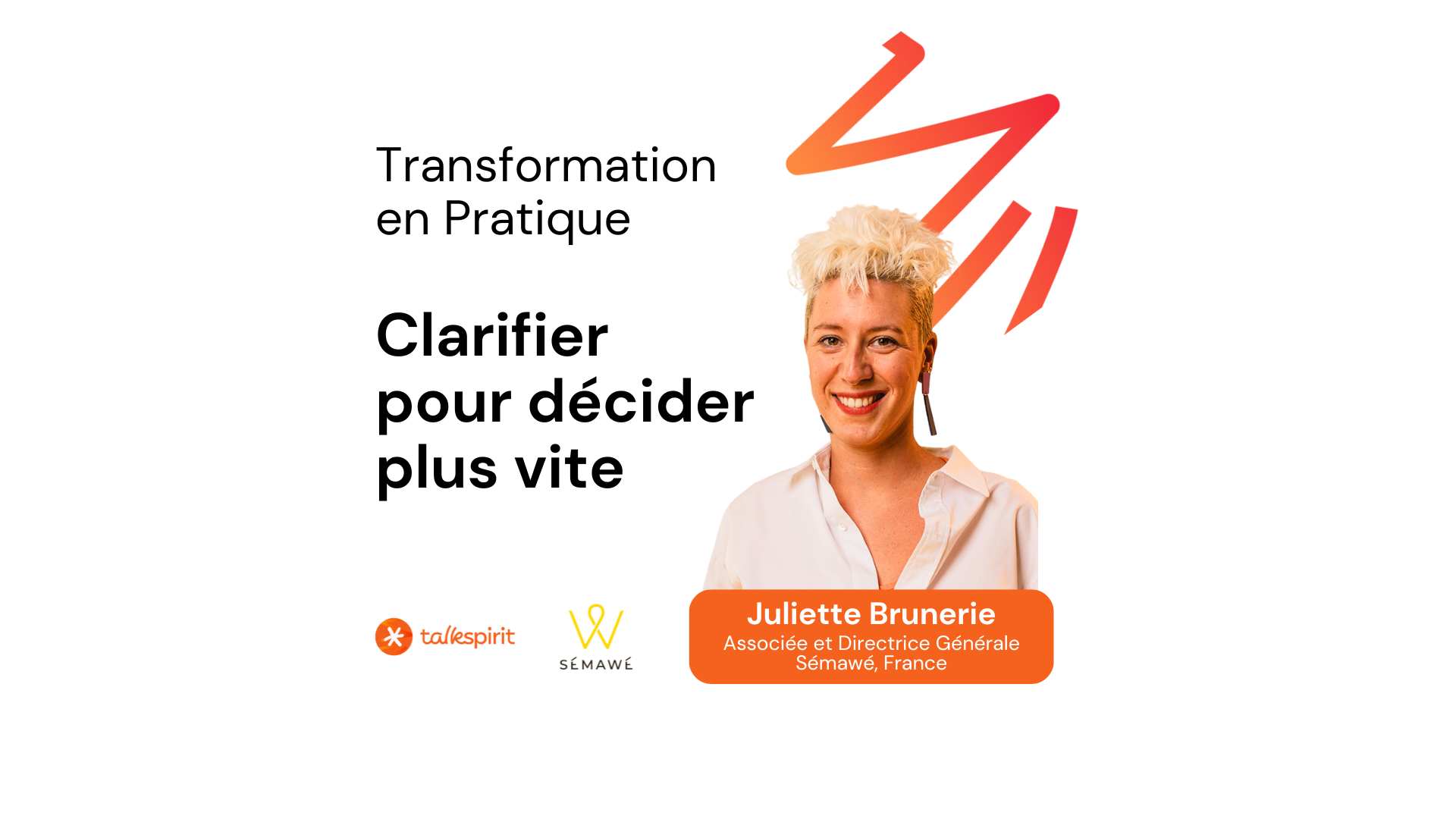
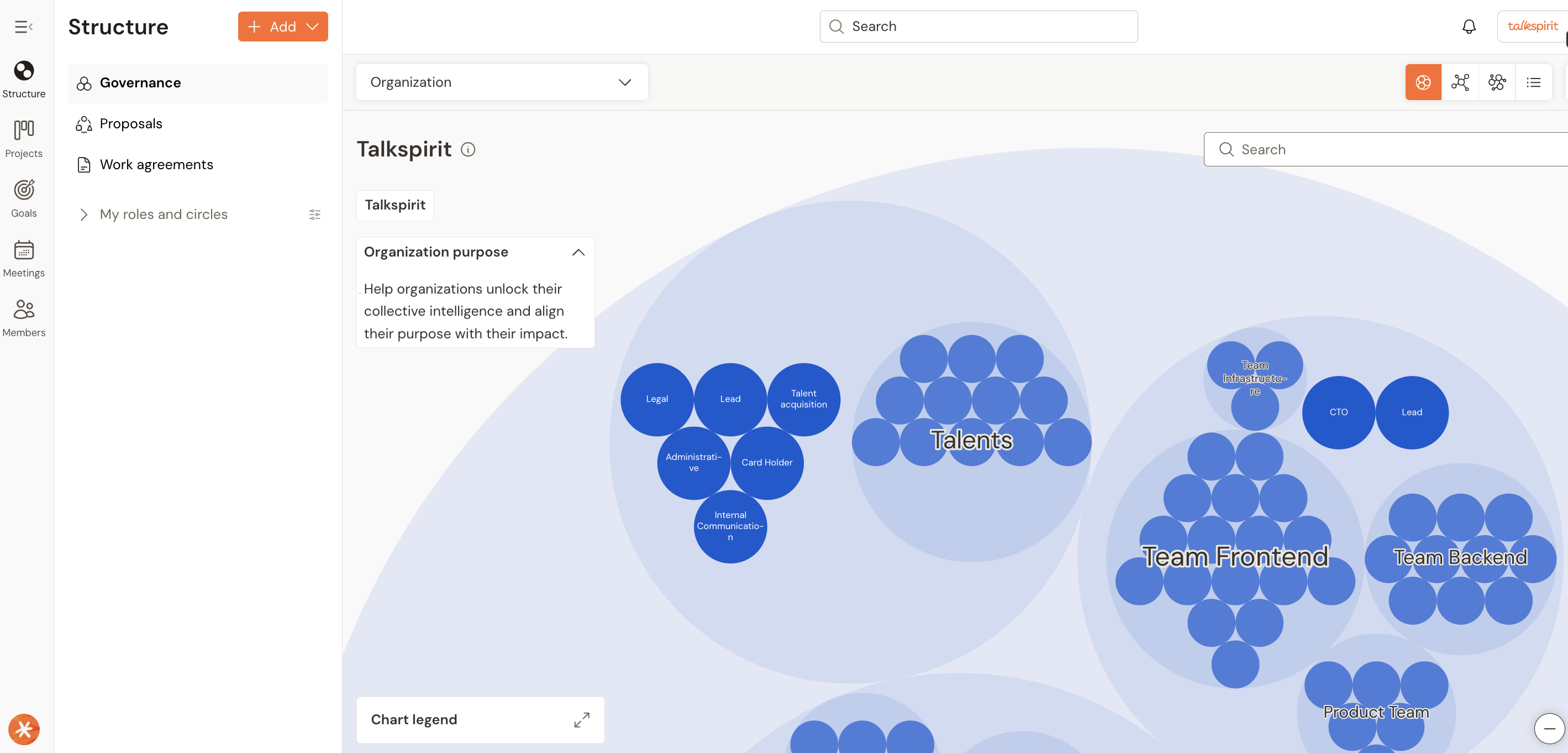
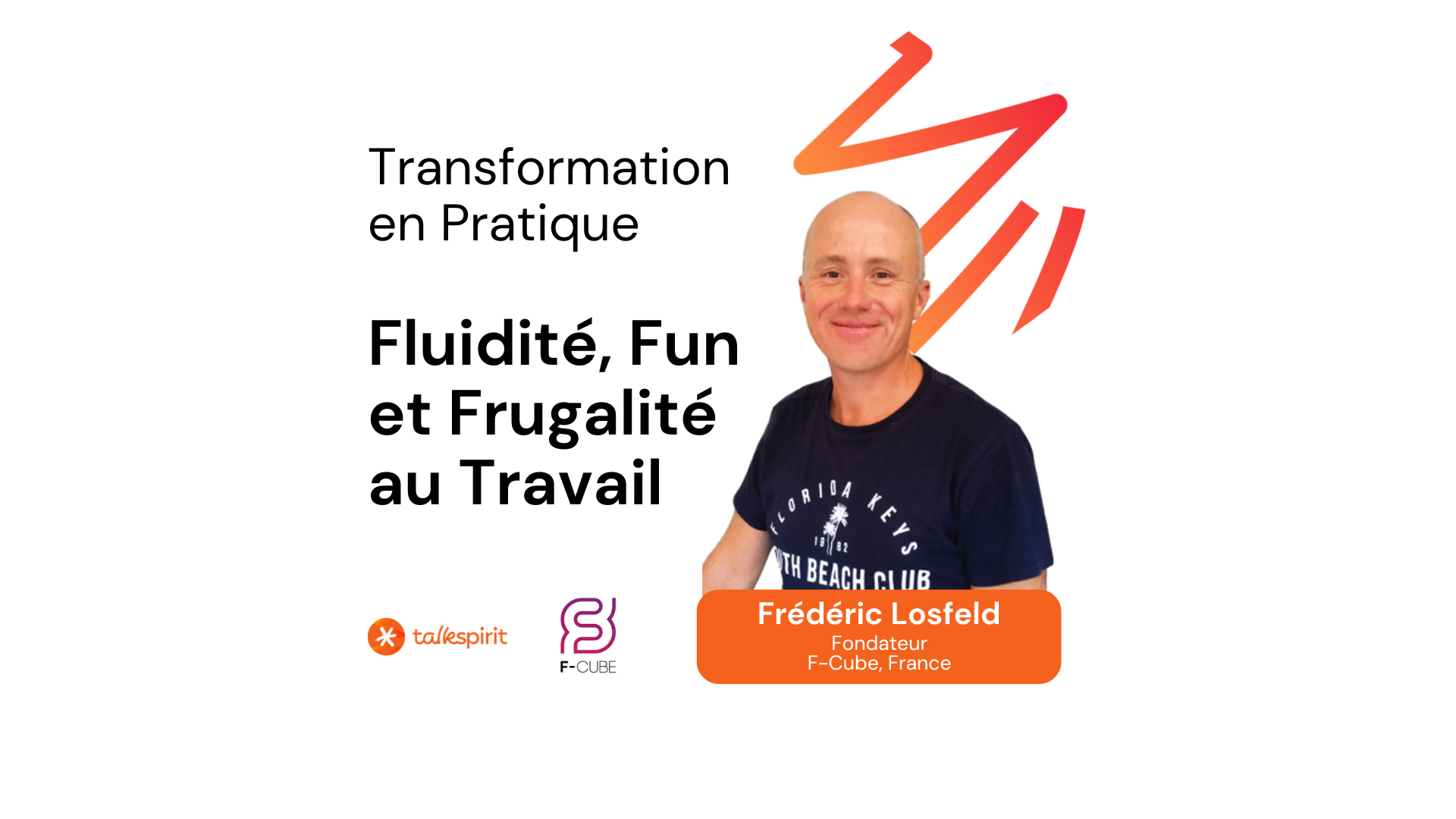
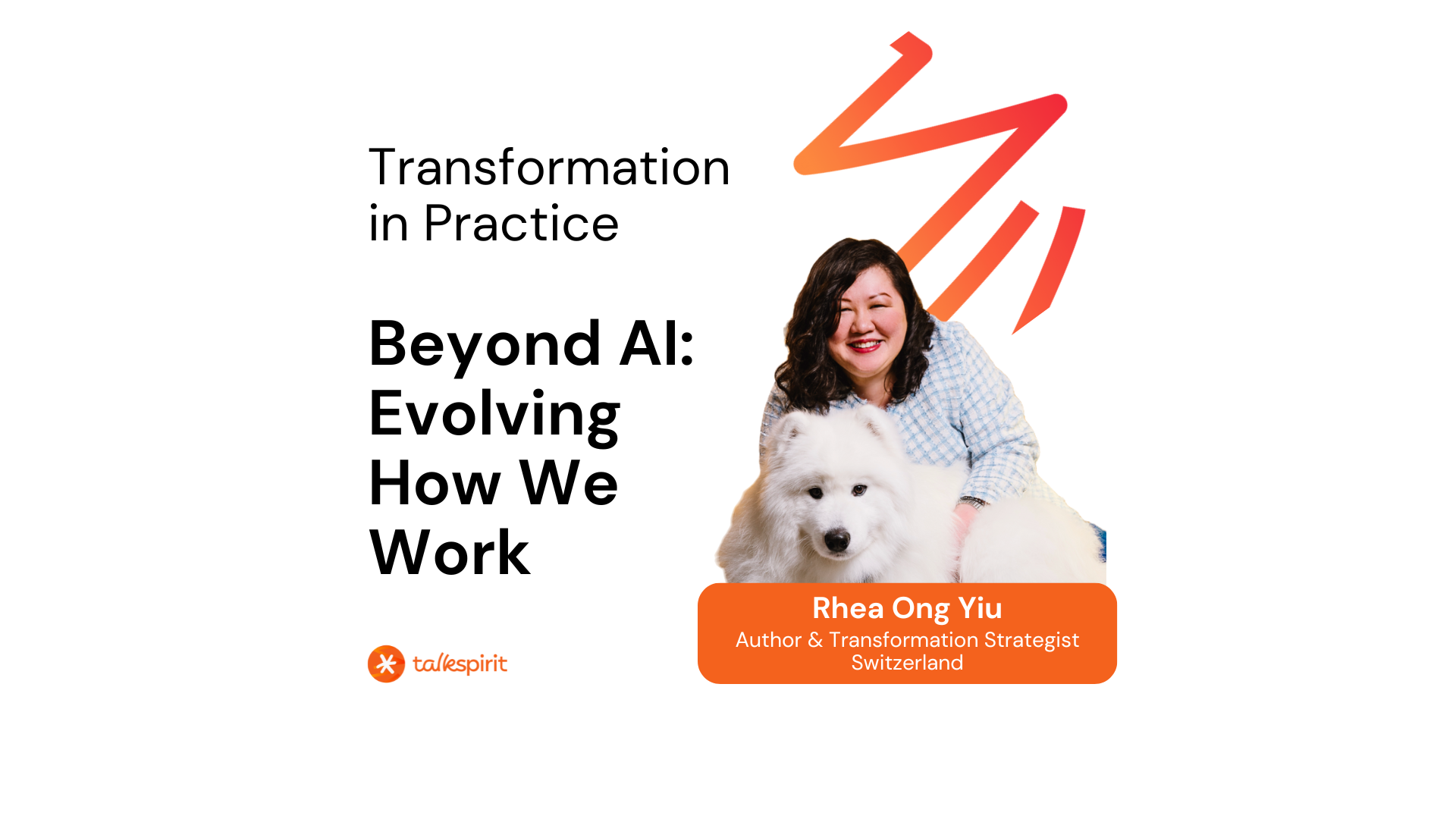
.jpg)

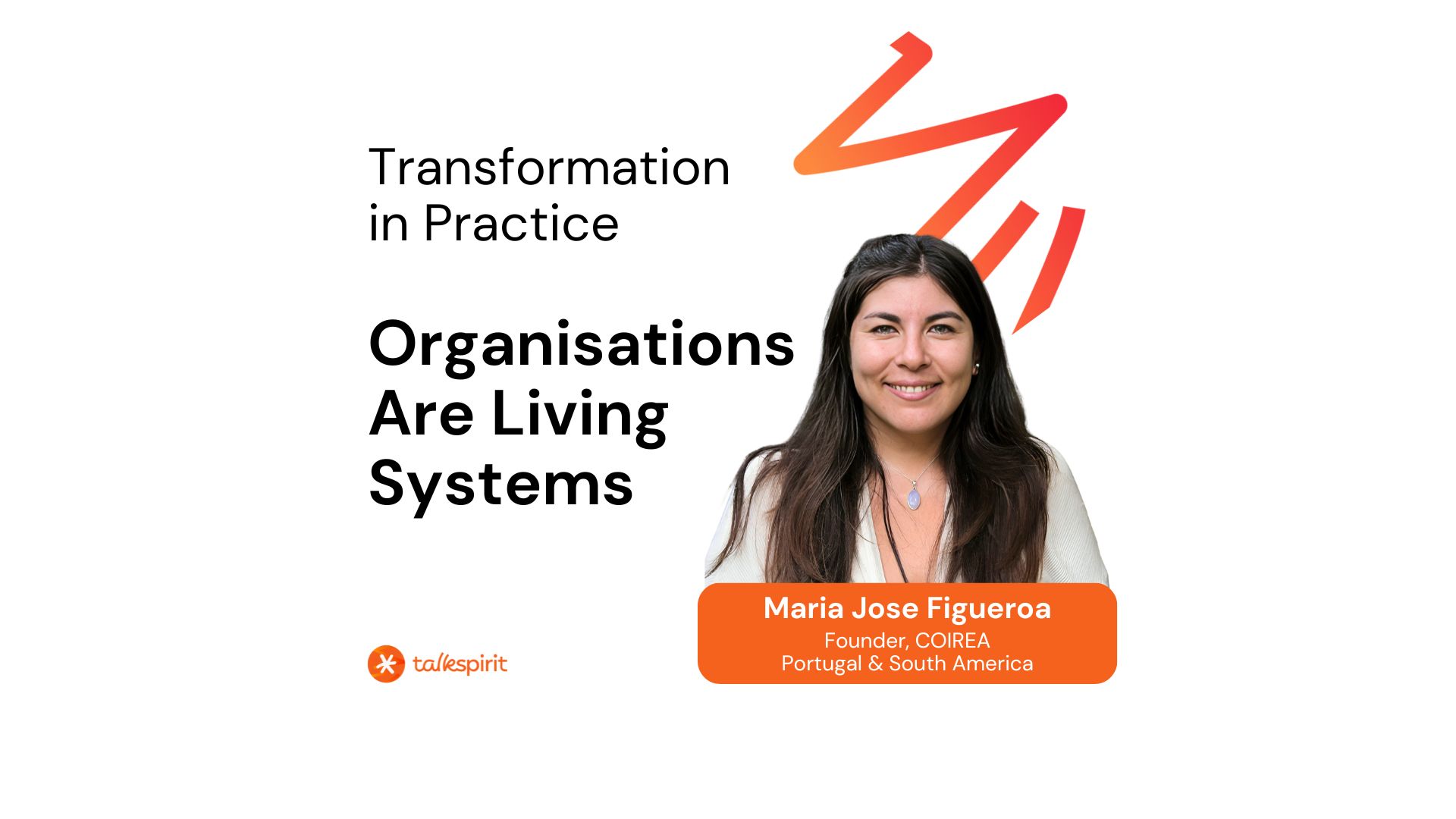

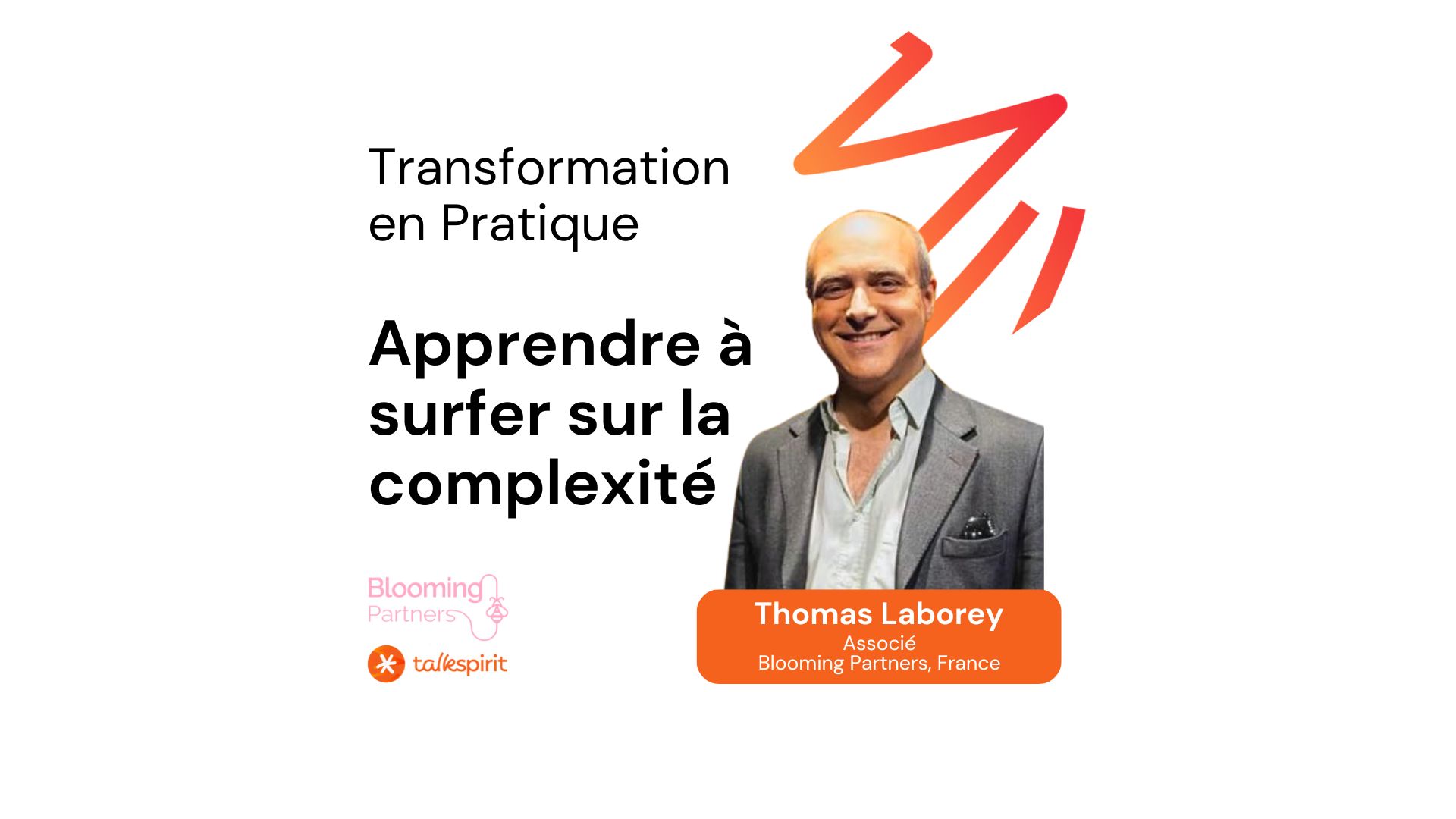
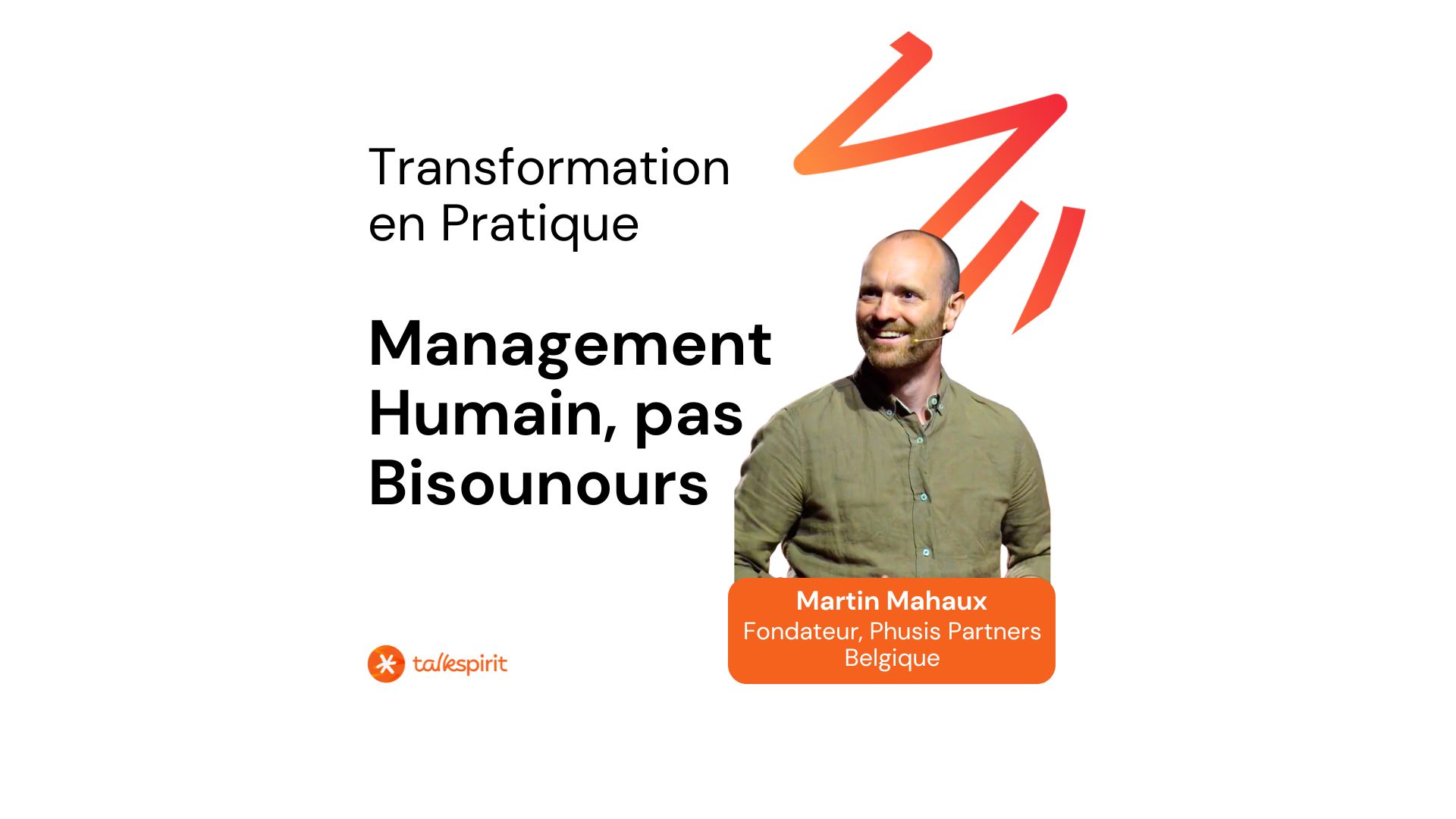
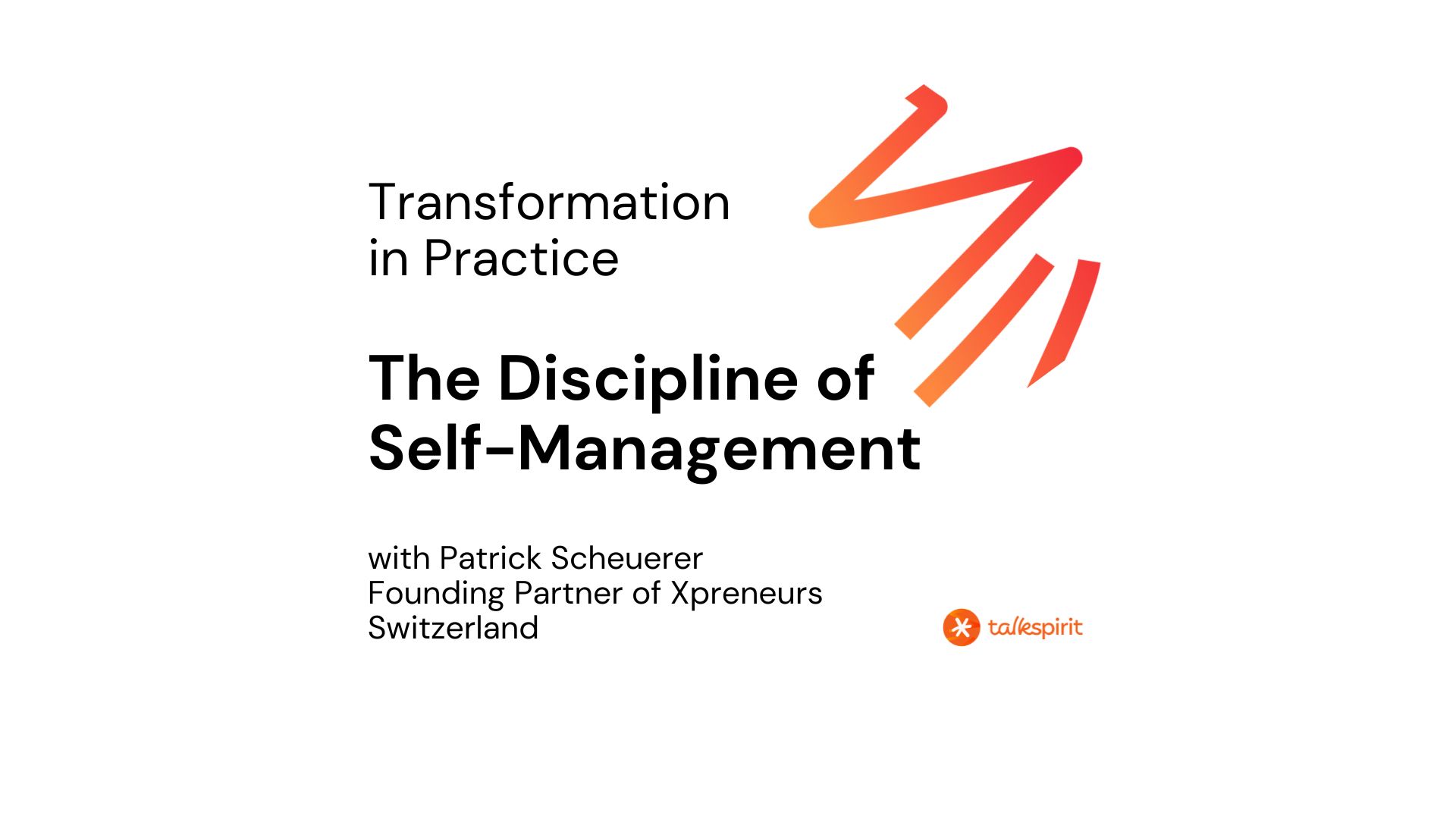

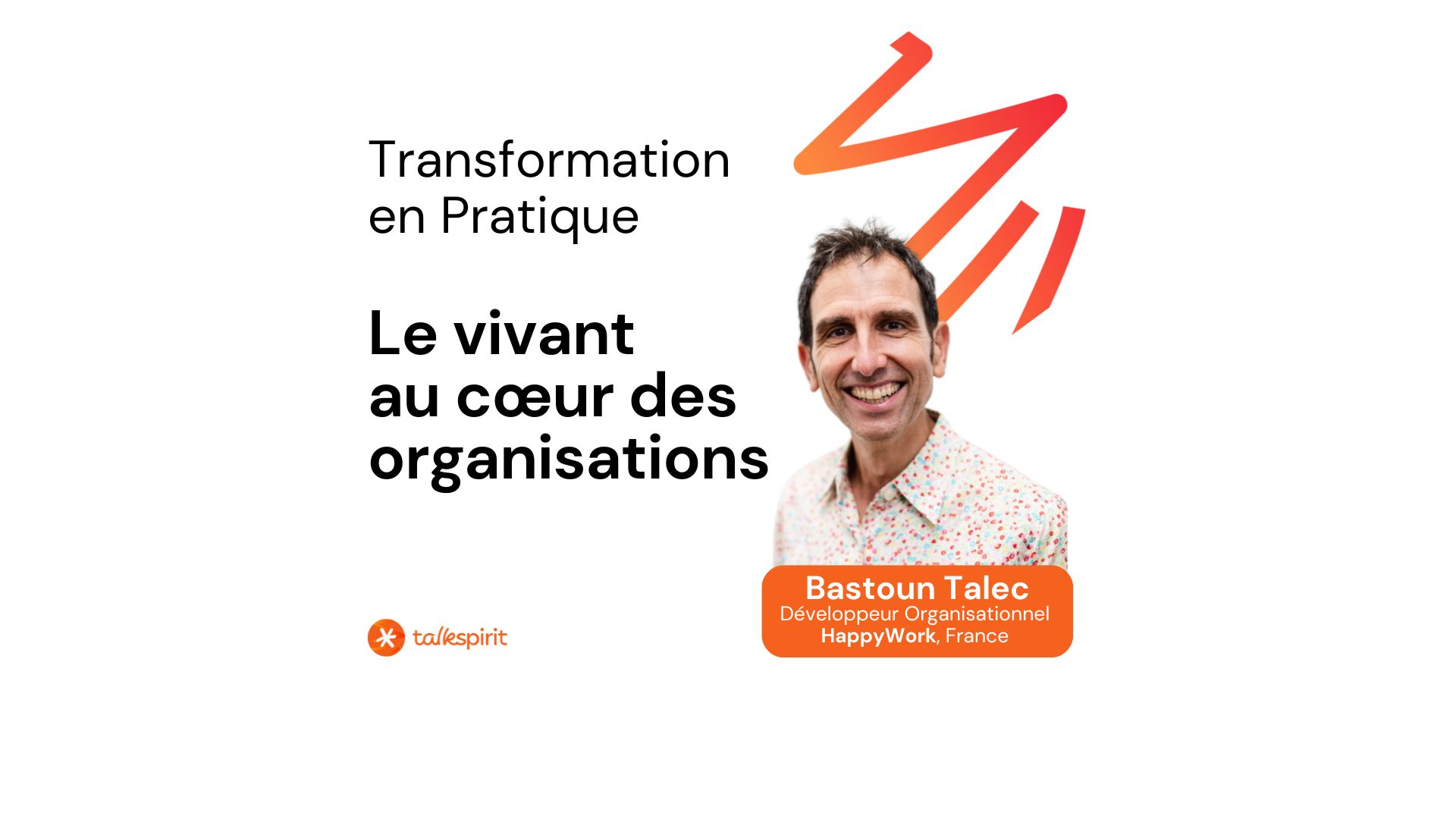

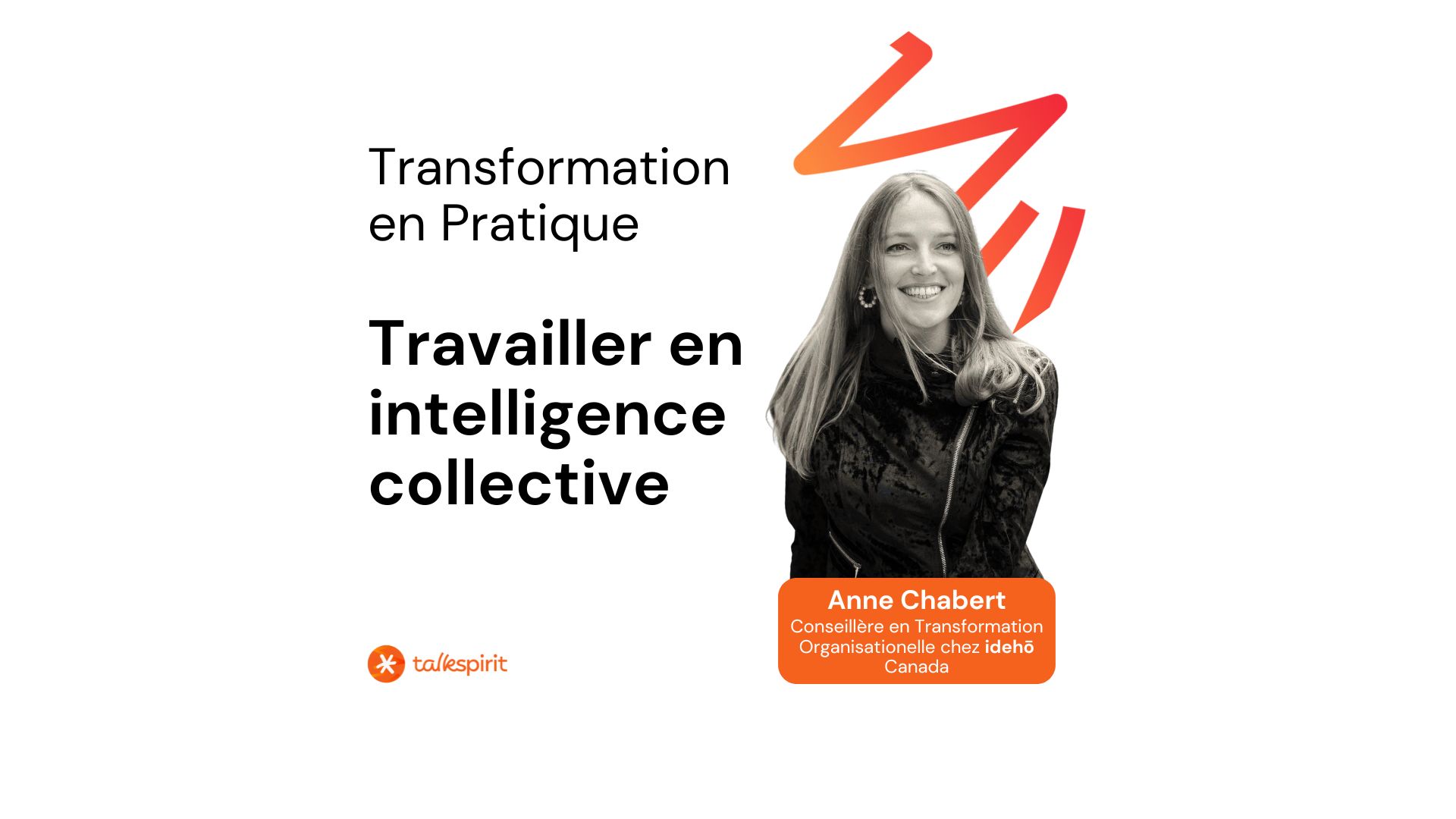

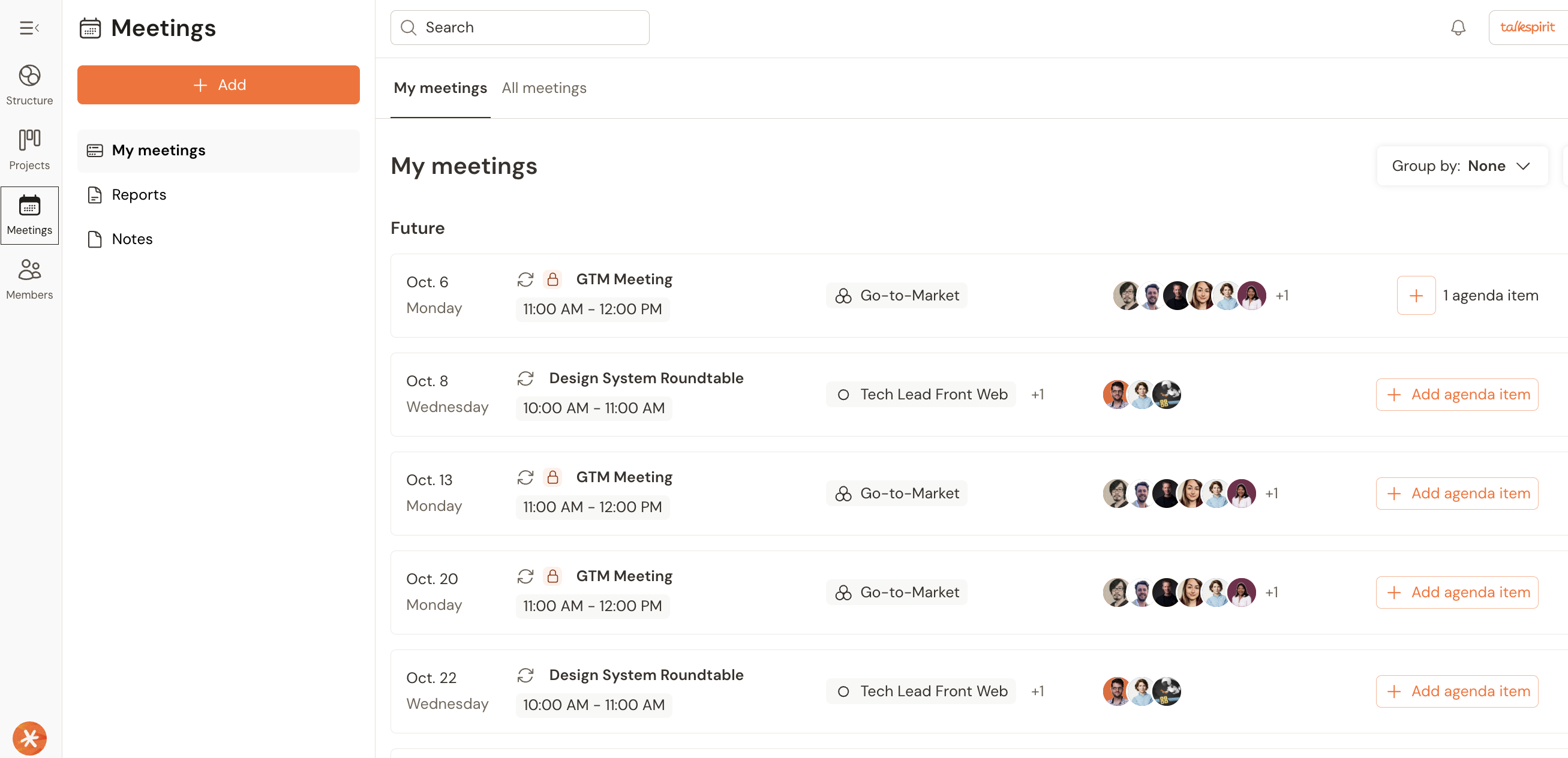



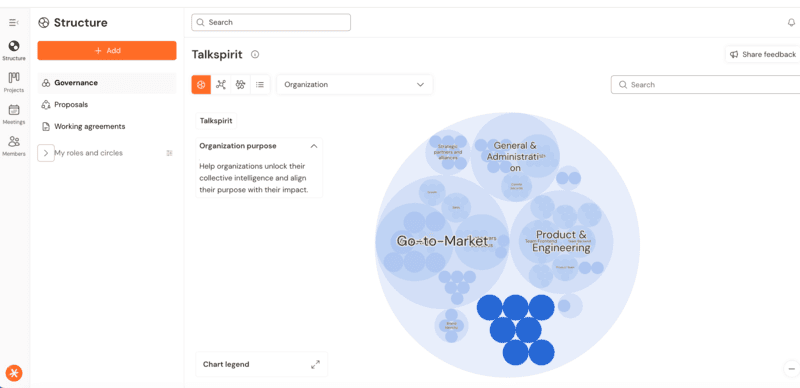

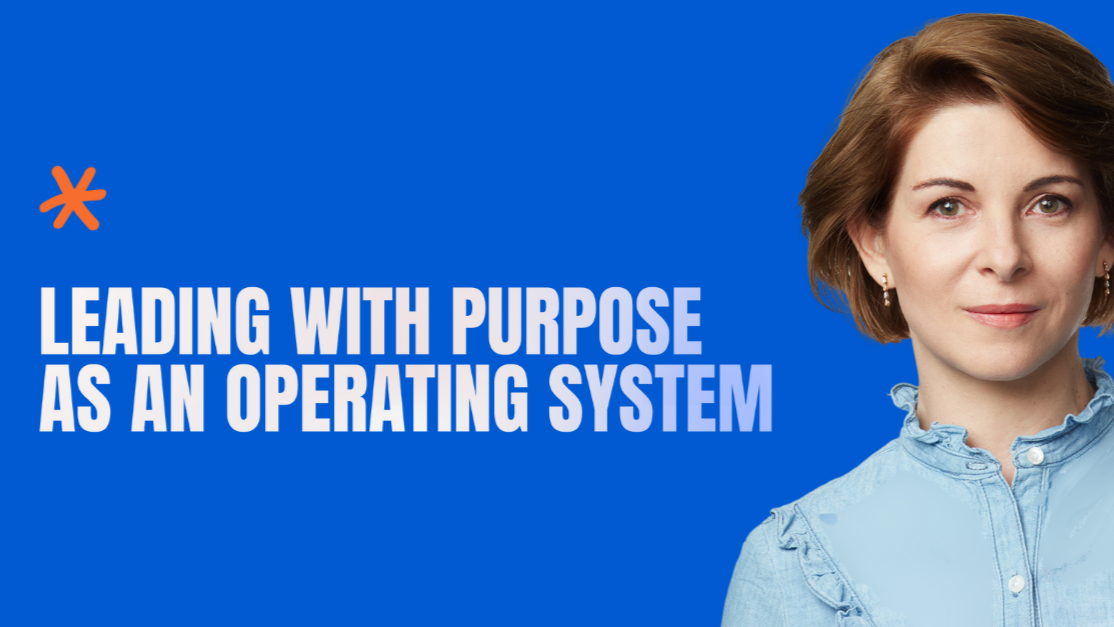









.jpg)






.jpg)
.jpg)









.jpg)
.jpg)


.jpg)

.jpg)


.jpg)











.jpg)




.jpg)



.jpg)

.jpg)



.jpg)







